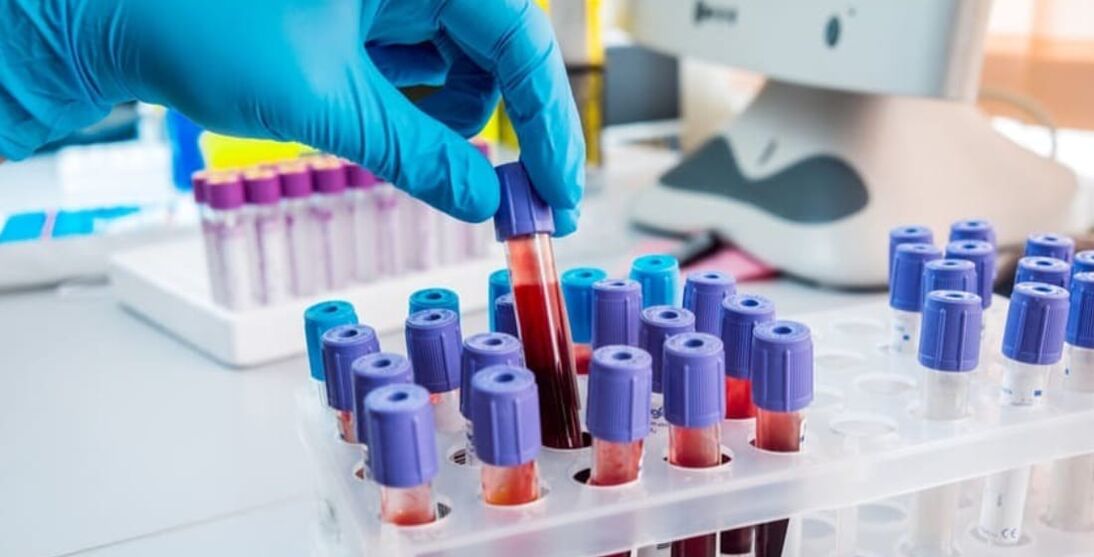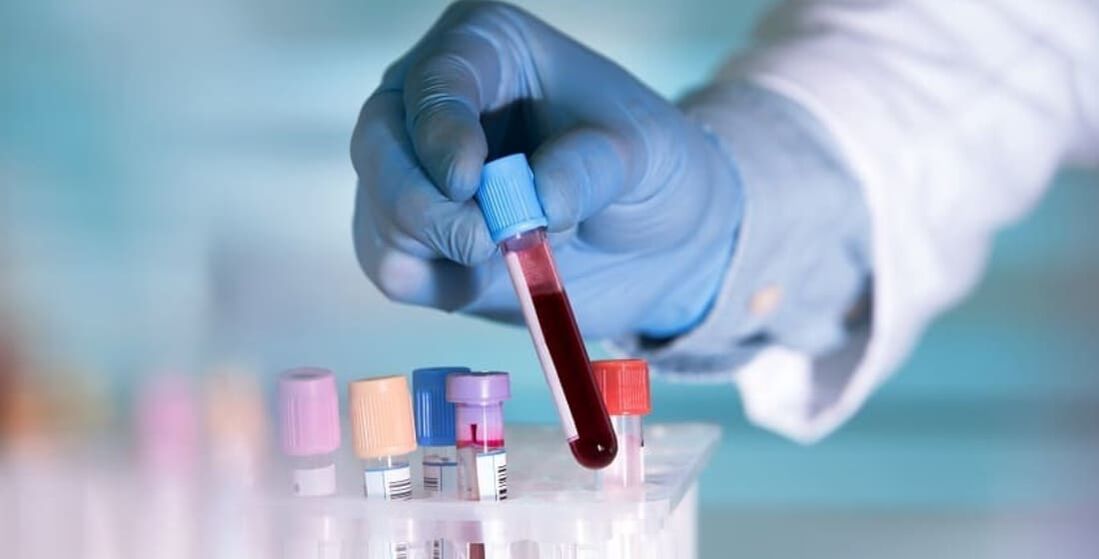
The main step in the prompt treatment of any disease is diagnosis. Laboratory tests performed on time allow us to provide the most accurate information about the course of the disease. To achieve this, preparatory measures are required. Most of our compatriots have a natural concern: how does ethanol affect the accuracy of the analysis?
Does alcohol affect blood tests?
Wine is subject to changeblood composition:
- decrease in red blood cell count and hemoglobin indices,
- reduced urea content,
- lower lactate levels,
- reduce sugar,
- raise the percentage of triacylglycerol.
Alcohol can make the blood more viscous, increasing the rate of blood clots. An increase in the number of adherent cells and red blood cells can be interpreted as giant cell anemia.
The biggest deviation in case you drink alcohol before doing the tests is shown in blood chemistry. A decrease in uric acid is a consequence of a violation of the circulatory mechanism. An increase in the concentration of triacylglycerol - indicates the presence of ischemia or hepatitis.
In order for the test after drinking alcohol not to mislead the doctor, when receiving the referral, it is necessary to inform the specialist about this condition.
In addition to falsifying test results, alcohol can interfere with the operation of laboratory equipment. The effect of reagents with ethanol distorts blood sugar, so it is not possible to start diabetes treatment in time.
How alcohol affects tests
Ethanol is not a primary condition that should be removed before reaching the laboratory. Not only smoking or eating before the test, drinking alcohol can reduce the accuracy of the device.
The deviation of the analysis under the influence of ethanol can render the diagnosis ineffective. The more alcohol you drink, the less objective the results are.
General analysis

Exposure to alcohol may falsify resultstherefore:
- destroy red blood cells,
- sometimes increased cholesterol levels by 80%,
- decrease in hemoglobin levels, as the concentration of red blood cells also decreases.
If you drink alcohol just before the analysis, the greatest probability is that the red blood cell count (red blood cells that carry oxygen to all organs or tissues and transport carbon dioxide back) will be reduced.
Alcohol dissolves the membranes of red blood cells, preventing their natural turbulent movement and reducing repulsion. Red blood cells begin to stick together. Their concentration in the blood plasma decreases, which leads to a decrease in hemoglobin parameters. Coagulation of red blood cells leads to the appearance of blood clots and a decrease in blood microcirculation in the vessels.
The blood becomes thicker after the alcohol gets inside. Its ability to penetrate through the capillary lumen is reduced due to the appearance of blood clots. This condition is dangerous to human health and life and prevents adequate research on the composition of blood.
In the liver, under the influence of alcohol, the production of lipids decreases. This reduces the plasma properties. Such indicators play an important role during the period when the patient is being prepared for surgery. Accurate analysis is essential to ensure that patient health is monitored during severe infectious disease or during the healing of large wound surfaces.
Blood tests performedin less than 12 hoursAfter drinking, it can only accurately display the general intoxication. A decrease in hemoglobin indicates megaloblastic anemia only. But the doctor may refuse to make a diagnosis, referring to the patient's recent drinking.
Biochemical indicators
Alcohol has the strongest effect on blood biochemical tests. This analysis is the most complete. With its help, you can find out what substances are necessary for a person, and which ones are much and urgently needed to reduce their concentration.
Results of biochemical studies under the influence of alcohol changetherefore:
- the amount of urea in the blood decreases,
- data on the absorption of oxygen by the cells of the body is violated,
- The quantitative indicator of glucose suffers.
The latter factor that can be life-threatening is the late diagnosis of diabetes.
The increased urea background is also due to drinking a lot of alcohol. Distorted indicators of its content can mask a serious circulatory disease, leading to hemorrhagic shock or acute heart failure. Since urea is involved in nitrogen excretion, its elevated levels are indicative of gout and polyarthritis. The accuracy of the diagnosis can only be achieved by abstaining from alcohol prior to testing.

Drinking alcohol before the procedure can increase the level of triacylglycerol in the blood. This triglyceride, found in the blood, indicates pathological processes,such as:
- atherosclerosis,
- Ischemic,
- cerebral artery thrombosis,
- Hepatitis.
Most physicians, in addition to basic considerations, exclude medicinal products containing alcohol from the oral route before drawing blood from a patient. But it is believed that alcohol helps detect the presence of infectious diseases. But even the smallest dose of ethanol falsifies test results and is unsuitable for doctors.
According to nurses and doctors, most people did not admit to drinking before the test. Another secondary factor that shows up when people who drank alcohol the day before are tested isto be:
- faint,
- severe headache
- nausea.
The volume of blood taken from the body from a vein is negligible. Its loss is not any problem for one person. But if patients come in for tests after drinking alcohol, their metabolism is often impaired and blood circulation to the brain is also reduced.
Intravenous suction can lead to oxygen starvation of the brain. This can lead to severe dizziness or fainting. After that, the patient may experience headaches for a long time.
Alcohol poisoning can upset the gastrointestinal tract. Patients can vomit in a doctor's office or in a lab because of the smell of alcohol or chlorine used to disinfect.
Glucose test
Blood glucose studies are needed for people with endocrine disorders. Blood is taken from a finger. If the patient drinks alcoholic water before the blood is drawn, the blood will be thicker, and the blood pressure will drop. This makes blood collection difficult and exacerbates the risk of blood clots.
Alcohol exposure is a negative factor for liver cells. It also has an adverse effect on laboratory instruments and reagents. This makes the results inaccurate. The sugar level can be increased or decreased in relation to the actual status of the work.
One gram of alcohol can change the kcal count by 7 or more, which is explained by the rapid penetration of ethanol into body tissues and fluids. The sugar index in this case is increased.
Alcohol becomes the cause of low sugar values.About 2. 5 hoursStabilization data on blood glucose are provided by carbohydrates from food. During the rest of the time, the liver is producing glucose, which helps to attract the body's energy source. Alcohol disrupts normal metabolism and causes hypoglycemia.
Blood sugar back to normalafter 1 or 2 days. . . If the patient is at risk for diabetes, then it is important that he gives the doctor a normal picture. In another case, the doctor will assume that the high sugar levels are caused by drinking alcohol. The period of health that could be improved will be omitted.
Can I drink alcohol before the test?
There are no cases. Alcohol alters test results. The most important thing is to completely stop drinking alcoholic liquids before a major surgery.
Sometimes a small amount of alcohol may be drunk before the test. The doctor will discuss this condition with the patient at the appointment in a personal chat.
But in all cases, recipients had to stop drinking alcoholic beverages forty-eight hours before the analysis. During this period, the human body has a chance to recover.
When tested for HIV, hepatitis B or C, as well as syphilis, the length of time a patient must be fully awake is increased to 72 hours. Otherwise, the analysis results will be distorted.
If the laboratory assistant or physician receives information that the patient has been drinking prior to the test, the blood donation will be postponed. If the information appears later, the analysis is repeated when the acetaldehyde is no longer in the blood.
The only possibility where alcohol did not affect the results was considered an alcohol intoxication analysis, performed between vehicle drivers and several categories of workers. This test is done without prior preparation or warning to get an objective picture. In all other cases, you can only drink water before taking the test.


























